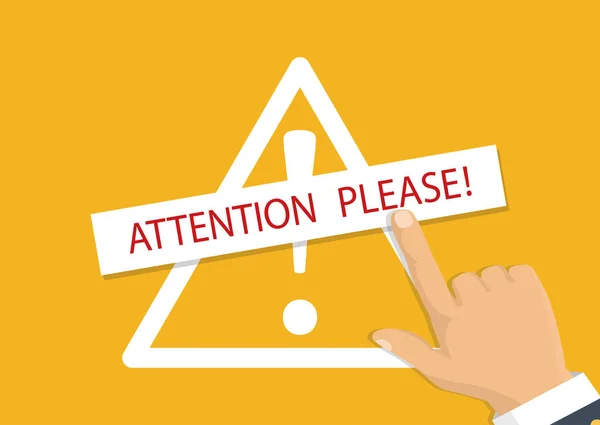
In China, for instance, UN Women is focusing on economic recovery solutions to support small and medium businesses owned by women, to mitigate the negative economic impact of the outbreak. We are also focusing on programmes that build women’s economic resilience for this and future shocks, so that they have the resources they need for themselves and their families.” “This includes supporting gender analysis and sex-disaggregated data collection, so that women’s needs and realities do not fall through the cracks, even as we are trying to get more data and knowledge about COVID-19. “UN Women is working with partners to make sure the gender-differential impact of COVID-19 is taken into account in the response strategies at country, regional and global levels,” said Sarah E Hendriks, Director of Policy, Programme and Intergovernmental Division at UN Women. Disruptions, including movement restrictions, are likely to compromise women’s ability to make a living and meet their families’ basic needs, as was seen in the Ebola crisis. The evidence is also mounting that the economic impacts of COVID-19 will hit women harder, as more women work in low-paying, insecure and informal jobs. Reports from some impacted communities are showing that COVID-19 is driving similar trends right now. When households are placed under strain and in contexts of family violence, as strategies for self-isolation and quarantine are employed, the risk of such violence tend to increase. “In Asia, emerging findings from the health response showed that menstrual hygiene products for women health workers were initially lacking as part of personal protective gear,” said Mohammad Naciri, UN Women’s Regional Director for Asia and the Pacific. In addition, the specific needs of women health workers are often overlooked.

There are rising concerns of this happening as a result of COVID-19. Recent experience of other disease outbreaks, such as the Ebola and Zika, have shown that such outbreaks divert resources away from services that women need, even as their burden of care increases and their paid livelihoods suffer losses.įor instance, when health services are overstretched, women’s access to pre- and post-natal health care and contraceptives dwindle. This is not simply a health issue for many women it goes to the heart of gender equality.” Because they are not well targeted for bail outs they are financially on their own.

“In addition, the majority of women work in the informal economy, where health insurance is likely to be non-existent or inadequate, and income is not secure. This puts women under considerable stress,” said UN Women Executive Director, Phumzile Mlambo-Ngcuka. They continue to carry the burden of care, which is already disproportionally high in normal times. Most of them are also parents and care givers to family members. “The majority of health workers are women and that puts them at highest risk. Globally, women make up 70 per cent of workers in the health and social sector, and they do three times as much unpaid care work at home as men. But according to Mayo Clinic, treatments can help to speed recovery after attacks.Īpplegate has been transparent on Twitter about her difficulties living with MS, showing photos of the assistive devices she uses to walk, chronicling the insomnia that's accompanied her diagnosis, and even showing love to a fellow Hollywood star Selma Blair, who was diagnosed with the disease in 2018.A week since The World Health Organization (WHO) declared COVID-19 as a pandemic and robust measures around the world attempt to contain its spread, social impact of the Novel Coronavirus is hitting women hard.

MS can also affect vision and speech, cause dizziness and fatigue, and in cases like Applegate's, impact one's general mobility. Symptoms can include numbness or weakness in the limbs, electric-shock sensations that occur with neck movements, or tremors. Most people receive an MS diagnosis between the ages of 20 and 40 and the disease is more common in women than men, according to the Cleveland Clinic, a nonprofit academic medical center. MS affects nearly 1 million adults in the U.S., and can be disabling. I want people to know that I am very aware of all of that," said Applegate. "I put on 40 pounds I can't walk without a cane.


 0 kommentar(er)
0 kommentar(er)
